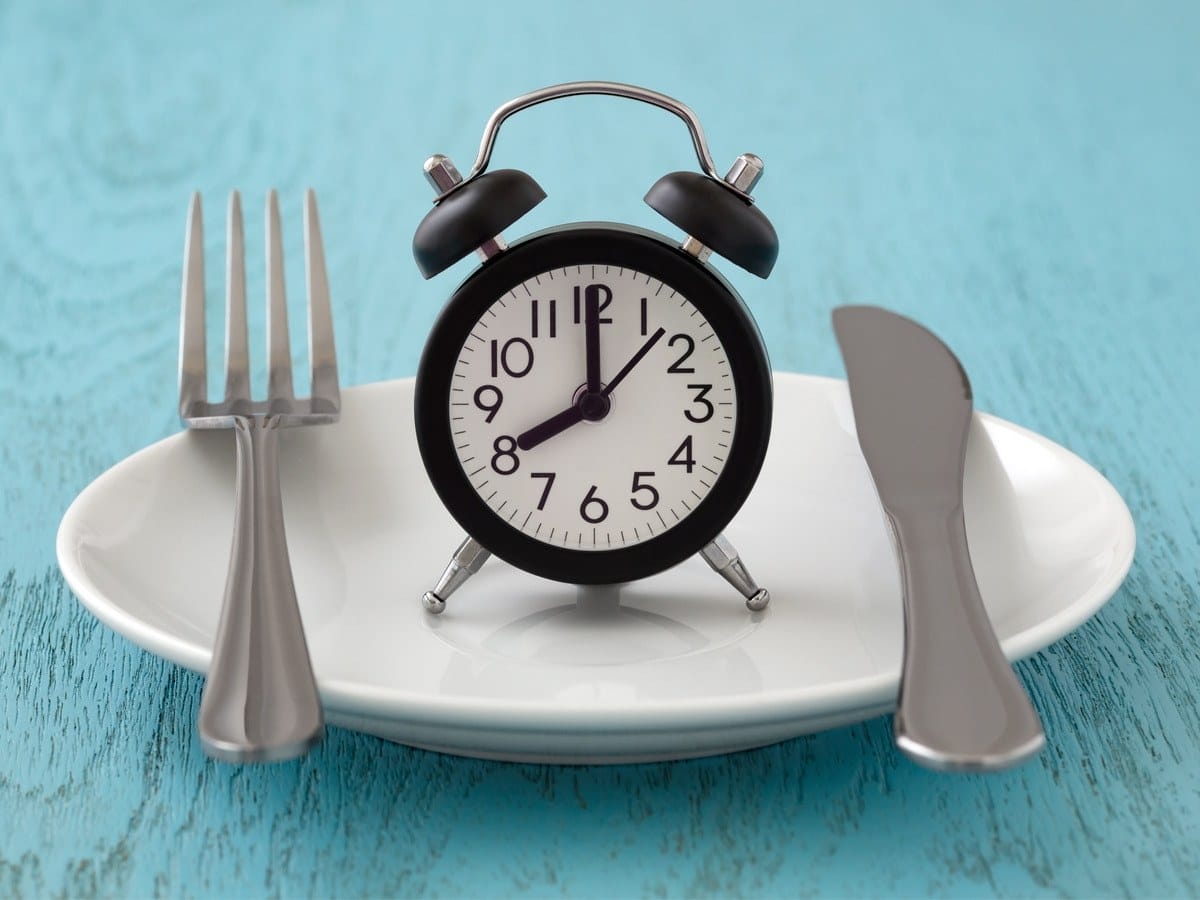Tossing and turning all night? Scroll through endless social media feeds – just trying to catch some elusive Zzz’s? You’re not alone. Millions struggle with poor sleep, but what if the key to unlocking restful nights wasn’t just tucked under your pillow, but on your plate?Intriguing research suggests a surprising sleep ally – fasting. Discover how adjusting your eating window might be the secret weapon to a deeper, more rejuvenating sleep.
Understanding The Connection Between Fasting And Sleep
You’ve heard about the benefits of fasting for your health. And how it could improve your metabolic function. But did you know that fasting might also be influential in improving the quality of your sleep? I’ll guide you through the emerging science that links fasting with sleep.
The Science Behind Fasting And Its Effects On Sleep
Studies suggest that “when” you eat can be just as applicable as what you eat. Fasting, especially when aligned with your body’s natural circadian rhythm, could help stabilize sleep patterns and promote restorative rest. Your metabolic health—and by extension, your eating patterns—plays a thought-provoking role in sleep regulation.

Fasting rules, which encourage periods of eating and abstinence, can adjust your internal clock. This adjustment could bring positive effects on your sleep composition and overall sleep quality. Moreover, the circadian rhythm, which is your body’s own biological clock, controls not just sleep but many other physiological processes. Aligning your eating patterns with this cycle may reduce sleep disturbances and add to your ability to fall and stay asleep.
These connections are worth exploring further to use fasting as a tool not just for weight management or overall wellness, but also to potentially upgrade your sleep quality. However, before diving into fasting techniques and their specific benefits for sleep, it’s vital to assess where you currently stand with your sleep health.
Assessing Your Current Sleep Health
If you’re eager to improve your sleep through fasting, it’s essential to first gauge your current sleep quality. Understanding where you stand allows you to measure progress and tailor your approach to fasting more effectively. Start by recognizing the indicators of poor sleep.

To get more precise insight, consider using sleep tracking tools. Various devices and apps are available that can give valuable information such as your sleep duration, consistency, and even the quality of different sleep stages.
I also recommend maintaining a sleep diary. Keep note of your bedtime habits, how easy it is to fall asleep, the number of nocturnal awakenings, and how you feel in the morning. Over time, these records can reveal patterns that inform adjustments to your fasting protocol. With a clear understanding of your sleep patterns, you’re better equipped to explore how fasting might improve your slumber. In the next section, I’ll introduce you to fasting techniques known to influence sleep for the better.
Fasting Techniques to Enhance Sleep Quality
The ways we choose to manage our eating patterns can have a noticeable impact on how well we sleep. You might find it intriguing that fasting isn’t just about weight control or health trends; it’s closely linked to our sleep quality too. In this section, I’ll guide you through various fasting techniques that have been shown to potentially improve sleep quality and how you can implement them safely and effectively.
Intermittent Fasting And Its Potential Benefits For Sleep
Intermittent fasting has gained popularity in recent years, not only for its effects on metabolism and weight loss but also for its potential benefits for sleep. This involves alternating cycles of eating and fasting, which could be daily 16-hour fasts or fasting for 24 hours, twice a week. But here’s the catch: what’s crucial is not just the fasting itself but also when you fast.

Aligning your fasting periods to be in sync with your natural circadian rhythm can use hormonal benefits that may improve your sleep. Note: There’s no one-size-fits-all answer to the “right” fasting period for aligning with your circadian rhythm, as it depends on your individual biology and schedule.
Time Restricted Eating: Principles And How To Implement Them
Another approach is time-restricted eating, which means confining your eating to a specific window each day. Typically, this can range from 6 to 8 hours, meaning if you have your breakfast at 8 a.m., you’d have your last meal by 2 or 4 p.m. Consistency is key; sticking to the same eating window daily helps regulate your body’s internal clock, and this consistency can aid in obtaining a more restorative night’s sleep.
Key Takeaway: When Fasting For Better Sleep
Whatever method you prefer, consistency and timing of your fast is important. Fasting right before bed could leave you feeling uncomfortably hungry, while breaking your fast too late might interfere with your sleep. Striking the right balance is crucial. I recommend starting gradually, monitoring how different fasting schedules affect your sleep, and tweaking as necessary. Now that you’re equipped with these fasting techniques, let’s move on to exploring additional strategies that can further improve the quality of your rest.
Additional Tips for Improving Sleep Quality
While fasting can play a big role in improving sleep quality, it’s important to remember that it’s just one piece of the puzzle.

A holistic approach to sleep health also involves paying attention to your sleep environment and bedtime routine. To create a helpful sleep environment, focus on minimizing noise and light disturbances. Invest in comfortable bedding and keep the temperature cool, as a slightly lower temperature can help signal to your body that it’s time to rest.
Finally, be mindful of balancing your diet and exercise with your fasting regimen. Eating healthy, nutrient-rich foods during your eating windows and including physical activity in your daily routine can support better sleep. However, avoid heavy meals and strenuous exercise too close to bedtime, as they can disrupt your sleep cycle.
Conclusion
Remember, improving your sleep quality is a journey, and small, consistent changes can lead to BIG improvements over time. Listen to your body and don’t hesitate to seek advice from healthcare professionals if needed.


Since childhood, sleep has been a problem for me. I was searching for some answers to this problem when I stumbled upon your website.
I found this extremely interesting connection between fasting and sleep. Your guide on how to access my sleep is very helpful and brand new to me.
Providing techniques for fasting to improve your sleep makes this article even more valuable than many that I have read in the past.
I found your additional sleep tips extremely helpful as well. This is the best article on how to improve your sleep that I have ever read
Thank you for your help
Jeff
Jeff, I’m so glad you found the article helpful! It’s truly heartwarming to hear that the connection between fasting and sleep resonated with you and provided you with fresh tools to navigate your sleep journey. Rest assured, your positive feedback fuels my passion to keep creating valuable resources like this. Remember, the path to better sleep is unique for everyone, but you’re never alone in seeking it. Keep exploring and embracing new tips, and don’t hesitate to reach out if you have any questions. We’re here for you!